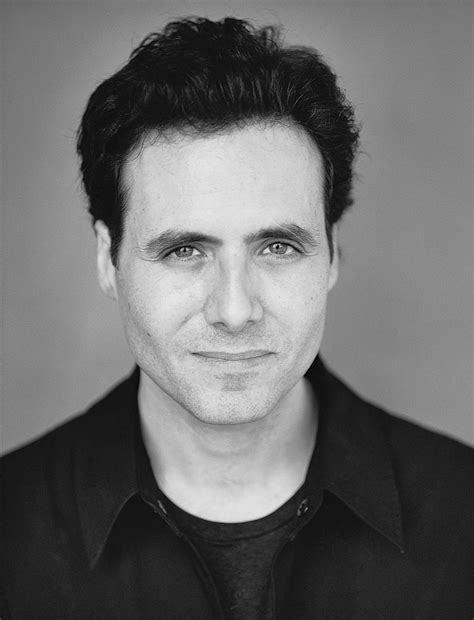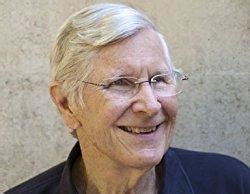A Quote by Anna Deavere Smith
I think we need leadership that helps us remember that part of what we are about is caring about more than the person right next to us, but the folks across the way.
Related Quotes
There are significant relationships, of course, between wanting things and caring about them..The notion of caring is in large part constructed out of the notion of desire. Caring about something may be, in the end, nothing more than a certain complex mode of wanting it. However, simply attributing desire to a person does not in itself convey that the person cares about the object he desires.
David Foster Wallace: I think one of the insidious lessons about TV is the meta-lesson that you’re dumb. This is all you can do. This is easy, and you’re the sort of person who really just wants to sit in a chair and have it easy. When in fact there are parts of us, in a way, that are a lot more ambitious than that. And what we need, I think—and I’m not saying I’m the person to do it. But I think what we need is seriously engaged art, that can teach again that we’re smart. And that there’s stuff that TV and movies—although they’re great at certain things—cannot give us.
How does humility manifest itself in leadership and in life? A humble person is more concerned about what is right than about being right, about acting on good ideas than having the ideas, about embracing new truth than defending outdated position, about building the team than exalting self, about recognizing contribution than being recognized for making it.
When people say stuff to us casually in reviews, if they write about it in a condescending way with really gendered language, that's not really about me. It used to hurt my feelings more than it does now. That's not about us as a band or me as a person. That's about how you feel about women, and that's a societal thing.
I realize now that people are not thinking about you and me or caring what is said about us. They are thinking about themselves-before breakfast, after breakfast, and right on until ten minutes past midnight. They would be a thousand times more concerned about a slight headache of their own than they would about the news of your death or mine.
Even if fathers are more benignly helpful, and even if they spend time with us teaching us what they know, rarely do they tell uswhat they feel. They stand apart emotionally: strong perhaps, maybe caring in a nonverbal, implicit way; but their internal world remains mysterious, unseen, "What are they really like?" we ask ourselves. "What do they feel about us, about the world, about themselves?
Part of what my work has always been about is to show that the apocalyptic character of the gospel makes the everyday possible. It gives us the time that lets us care for one another as we are ill, helps us care for one another as we experience broken relationships, and helps us take the time to worship God in a world of such violence.
Self-care is important for all of us, especially because we're in what amounts to a nationally traumatic phase. I think part of it is to remember that there is more to opposition than opposition. In other words, it's not just about recognizing and cataloguing and publicizing all the things that are going wrong; it's about modeling and celebrating the alternative.
I suspect that the most basic and powerful way to connect to another person is to listen. Just listen. Perhaps the most important thing we ever give each other is our attention And especially if it's given from the heart. When people are talking, there's no need to do anything but receive them. Just take them in. Listen to what they're saying. Care about it. Most times caring about it is even more important than understanding it. Most of us don't value ourselves or our love enough to know this.
Most people think leadership is about being in charge. Most people think leadership is about having all the answers and being the most intelligent person or the most qualified person in the room. The irony is that it is the complete opposite. Leadership is about empowering others to achieve things they did not think possible. Leadership is about pointing in the direction, articulating a vision of the world that does not yet exist. Then asking help from others to insure that vision happens.
When I speak of family, I immediately think of a support system who can give you a reality check when you need it: a mirror reflection of myself. I believe that we are a result of our family - the people who encourage us and tell us the truth about who we are which helps us to grow through their advice and wisdom.
Property is, after all, a social convention, an agreement about someone's exclusive right to use a thing in specified ways. However, we seem to have forgotten this. We seem to think that property belongs to us in some essential way, that it is of us. We seem to think that our property is part of ourselves, and that by owning it we therefore make ourselves more, larger, greater.




































